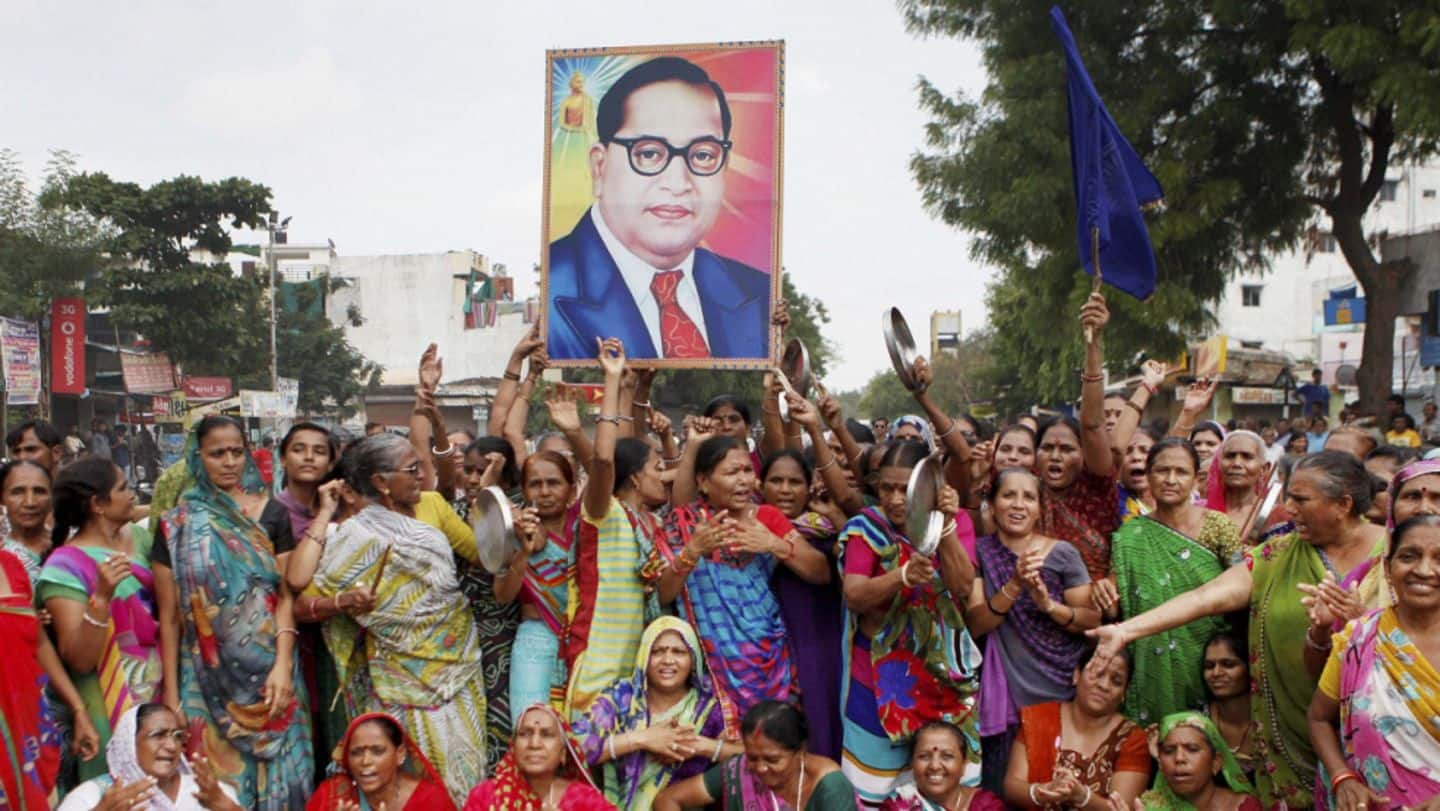
Media should stop using the word "Dalit", says government
What's the story
In a letter, the Ministry of Information and Broadcasting has directed media outlets to refrain from using the word "Dalit" henceforth. Instead, the ministry has directed that the Constitutionally-recognized term, "Schedule Castes" be used. Understandably, Dalit groups have opposed the ministry's order, saying that the term holds immense political significance and is a marker of identity. Here are the details.
Context
In March, all state governments had received a similar advisory
In March, the Union Ministry of Social Justice and Empowerment had issued an advisory to all state governments, directing that only the term "Scheduled Castes" could be used in all official communication. Subsequently, in June, the Bombay High Court had directed the Central government to "consider" issuing such a directive to media houses within six weeks. The I&B ministry's advisory cited the HC directive.
Dalit
The historical and political significance of the word "Dalit"
The Sanskrit word Dalit, meaning "oppressed" or "broken", was popularized by Dr. BR Ambedkar, who himself was an SC. Later, in the 1970s, the term gained even more traction after it was adopted by activist group Dalit Panthers. The word has become a strong political identity for people who have been subjected to untouchability, and view themselves as outside the four-varna Hindu fold.
Expert opinion
Union Minister Ramdas Athawale finds the directive meaningless
Commenting on the advisory, Union Minister of State for Social Justice Ramdas Athawale, who was associated with Dalit Panthers, said that there's "no reason" as to why media can't use the term. "Most Dalit groups don't have a problem. It is, in fact, a word that instilled a sense of militancy in Ambedkarites - the need to be krantikaris when faced with injustice," he explained.
Expert opinion
Banning the word is akin to denial of identity
Professor Sukhadeo Thorat, the former UGC chairman, said that there was nothing derogatory about the word. Meanwhile, Asha Kowtal from the National Campaign on Dalit Human Rights said that the term gave oppressed people a "collective identity" and banning it would be tantamount to the government denying these people their hard-won identities. She said that they would move the Supreme Court, if required.
Quote
The move is part of the government's anti-Dalit stance
"It [Dalit] marks the shift from brokenness to strength and power. We see this as part of the larger scheme of what the government is doing to the community, the anti-reservation discourse, the attempt to erase our identity little by little," explained Kowtal.